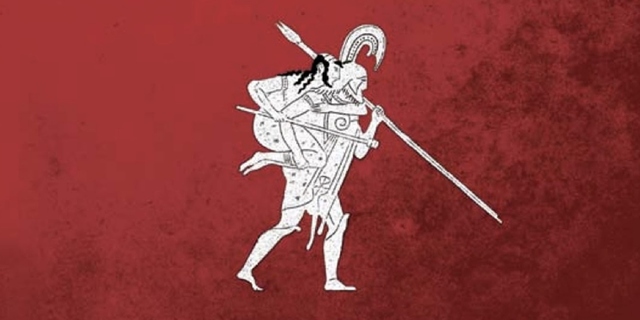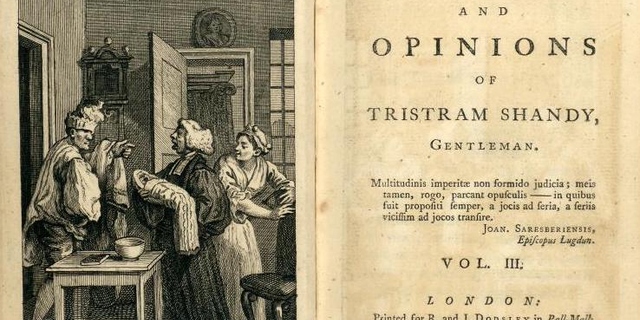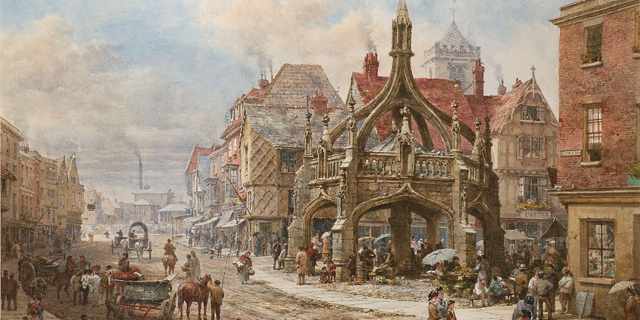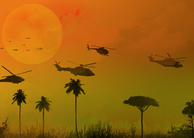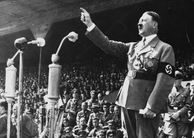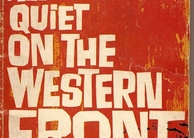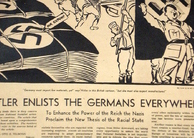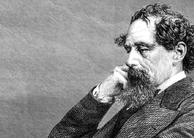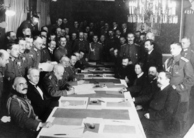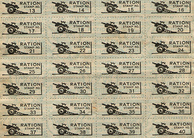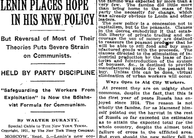|
Time (tagged articles)
The keyword Time is tagged in the following 22 articles.
2020, Vol. 2020 No. 1
Time has always been an abstract concept in human languages. To better understand how this temporal concept is addressed in different languages, it can be explored in the context of classical Times through Latin texts. In the well-known piece The... Read Article »
2020, Vol. 12 No. 09
Human beings decided that Time is linear. We continually assert that is made up of the past, present, and future, proceeding infinitely and mercilessly in an exclusively forward motion. Thus, our lives and our relationships are experienced linearly... Read Article »
2017, Vol. 9 No. 11
This research project focuses on invasive aquatic species and their potential usage as biological weapons. It’s a cross disciplinary study which utilises a comprehensive literature review on invasive aquatic species, biological warfare, mari Time... Read Article »
2017, Vol. 9 No. 01
The literature of the 18th century includes parodies, satires, and denunciations; however, the role of sen Timentality usually comes second when discussing the literary movements of the century. The author of The Life and Opinions of Tristram Shandy... Read Article »
2016, Vol. 8 No. 09
The Victorian Age was a Time of rapid economic, social, and cultural change throughout England. Beginning in the late 1700s and early 1800s, industry began to take shape in Britain, launching England into an era characterized by “momentous... Read Article »
2016, Vol. 8 No. 09
The evolution of the moving image from the seemingly simplistic Edison/Dickson shorts of the late 19th century to the technically complex CGI infused blockbusters flashing on multiplex screens today is certainly one propelled by opposition. Technological... Read Article »
2016, Vol. 8 No. 02
The media has always had a strong propensity to influence our opinions and behaviors, creating and destroying public images for hundreds of years. For many, the media is seen as a representation of reality, an interpretation and understanding of... Read Article »
2015, Vol. 6 No. 2
In an effort to understand how Americans regarded Adolph Hitler's influence in Germany and beyond as he navigated the country's political landscape, and ultimately established the Third Reich, this research examines his portrayal in American media... Read Article »
2015, Vol. 7 No. 06
All Quiet on the Western Front, Erich Maria Remarque’s celebrated 1929 novel, depicts the emotional and brutal experience of World War I through the eyes of a young German soldier. This soldier, Paul Baümer, grapples with death, regret... Read Article »
2015, Vol. 6 No. 1
This research used media framing theory to assess newspaper coverage of Hitler published in The New York Times, The Christian Science Monitor, and The Washington Post between 1923 and 1924. An analysis of about 200 articles revealed “credible... Read Article »
2014, Vol. 6 No. 10
Charles Dickens’ Hard Times and Alfred Tennyson’s poem Mariana both invite readers to explore notions of utopia and the ideal setting for human beings. In a remarkably similar rhetorical process, both works present readers with a pair... Read Article »
2014, Vol. 2013/2014 No. 1
IT is important to note th at the duty to cooperate, despite at Times having been called a fundamental principle of international law2 has not been adequately defined.3 An expansive interpretation would be 'the duty to reach an agreement', which... Read Article »
2013, Vol. 5 No. 10
"The sense of the world must lie outside the world. In the world, everything is as it is, and everything happens as it does happen: in it no value does exist-and if it did exist it would have no value. If there is any value that does have value,... Read Article »
2012, Vol. 4 No. 08
An exhibition entitled “The Quilts of Gee’s Bend” opened at the Whitney Museum of American Art in New York in November, 2002 (McGee), bringing worldwide attention to a secluded hamlet in a curve of the Alabama River. Unbeknownst... Read Article »
2011, Vol. 3 No. 03
The New York Times coverage of negotiations at Brest-Litovsk between January 1 and January 12, 1918, reflected the newspaper's preoccupation with Germany during war Time and her ulterior motives. It also evinced skepticism about the Bolsheviks' sincerity... Read Article »
2011, Vol. 3 No. 01
When starting on an autobiography, the author must ask themselves how they will choose to deal with the aspect of Time in their work. Will they choose to follow the events of their life lineally or in a stream of consciousness recall? This contemplation... Read Article »
2010, Vol. 2 No. 12
During World War II, a key aspect of almost every country’s war Time strategy focused heavily on limiting domestic consumption. One method governments employed to enforce control was to forcibly reduce their citizens’ consumption through... Read Article »
2010, Vol. 2 No. 09
George W. Bush’s relationship with the New York Times got off to a rocky start. At a campaign event in early September of 2000, Bush, unaware that his microphone was on, leaned in towards running mate Dick Cheney and said, “There's Adam... Read Article »
2010, Vol. 2 No. 06
When Lenin ushered in the New Economic Policy in August 1921, many Bolsheviks and their sympathizers lost faith in the Soviet government. Throughout August to September 1921, The New York Times’ Walter Duranty vacillated between recognizing... Read Article »
2010, Vol. 2 No. 02
Take a look inside a high school classroom. You will most likely find a teacher at the front of the class and students sitting at their desks. Yet, look closer, and you might notice a familiar trend: many of these students are not paying attention... Read Article »
2010, Vol. 2 No. 02
Virginia Woolf’s To the Lighthouse follows the development of the painter, Lily Briscoe, as she strives to create a meaningful space for her artwork in an increasingly critical and unkind world. Woolf’s stylistic devices, especially... Read Article »
2009, Vol. 1 No. 10
Whether you noticed it or not, in 2008 Daylight Saving Time ended a bit later than normal. Though this is in fact the second year of the new Daylight Saving Time, or DST, schedule, many Americans are still not used to the new Timeframe. DST now... Read Article »
Expedited Article Review
Submit an article and get a decision fast.
If you need a fast decision, INQUIRIES Journal offers expedited processing of your submission for a small fee. Depending on the expedited review option you choose, you can receive a decision in as few as 5-days.
In addition to a shorter review period, the fee supports the journal's continued operation and open-access publishing model. Standard submissions are always free. Submit Now » - Submit an Article to Inquiries Journal -
|

